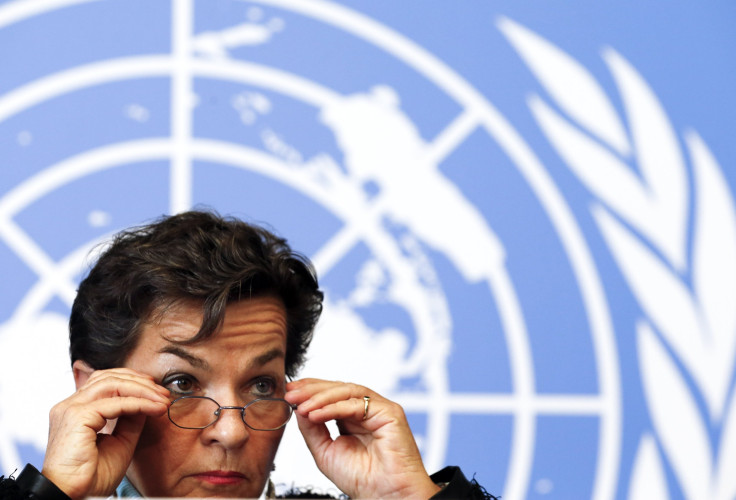UN Geneva Talks End With Draft Text For Climate Deal, Negotiations To Continue In Paris

U.N. negotiations in Geneva on Friday produced an early draft negotiating some of the terms for the climate summit in Paris, next December. The 86-page document builds further on negotiations that began last year. However, the European Union continued to criticize the pace at which the negotiations were moving forward.
“Time is of the essence here,” Ilze Pruse, a senior EU delegate, told The Financial Times.
Over the course of the negotiations, the document grew by over 40 pages, as every country’s concerns were exhaustively included in the draft. Developing nations have insisted that their concerns be reflected in any potential climate deal, after a 2009 attempt to create a Copenhagen climate agreement fell through.
“After years of false starts and broken promises, restoring ownership and trust in the process is no small achievement. And I think we have come a long way toward doing that," said Ahmed Sareer, Maldives delegate to the U.N., according to The Associated Press (AP).
The goal of the summit is to have a new global climate agreement in place by the end of 2015. A Paris agreement would be the first time that all U.N. members have agreed to act on climate change. Under the previous 1997 Kyoto Protocol agreement, only the club’s richer members instituted limits on emissions and fossil fuel use.
However, while the basic outline of issues to be included in the document has been established, consensus on specific policy decisions remains distant.
“There remain deep and longstanding divisions on key issues,” Alden Meyer of the Union of Concerned Scientists told The Financial Times.
Most current emissions in recent years have come from developing nations, with China being responsible for 23 percent of fossil fuel emissions in 2008, according to the Environmental Protection Agency.
However, between 1850 and 2002, the United States and the 25 EU members were cumulatively responsible for over half of the world’s carbon dioxide emissions, the World Resources Institute found.
The issue of whether developing nations should be allowed to continue using fossil fuels in order to fuel economic growth, and whether developed nations are obligated to give financial aid to ease the process, is a divide that is reportedly reflected in the draft.
“There is no one country that wants to be left behind by an agreement that will have an impact on their future,” Christiana Figueres, executive secretary of the U.N. Framework Convention on Climate Change, told AP.
The issue of man-made climate change is increasingly worrying the scientific community. On Tuesday, the U.S. National Academy of Sciences said the situation had grown serious enough that planetary scale geoengineering options should be looked into.
© Copyright IBTimes 2024. All rights reserved.











